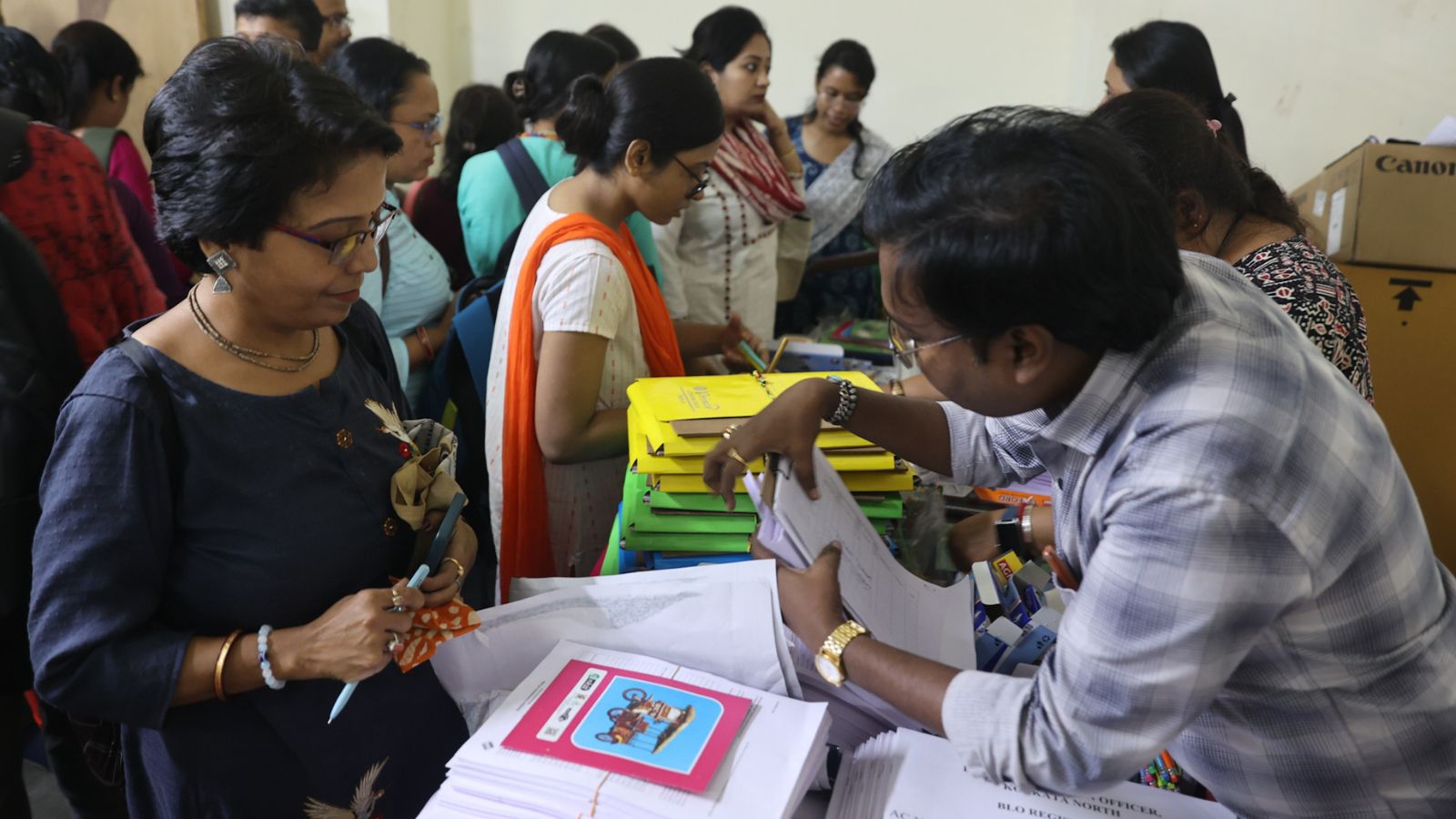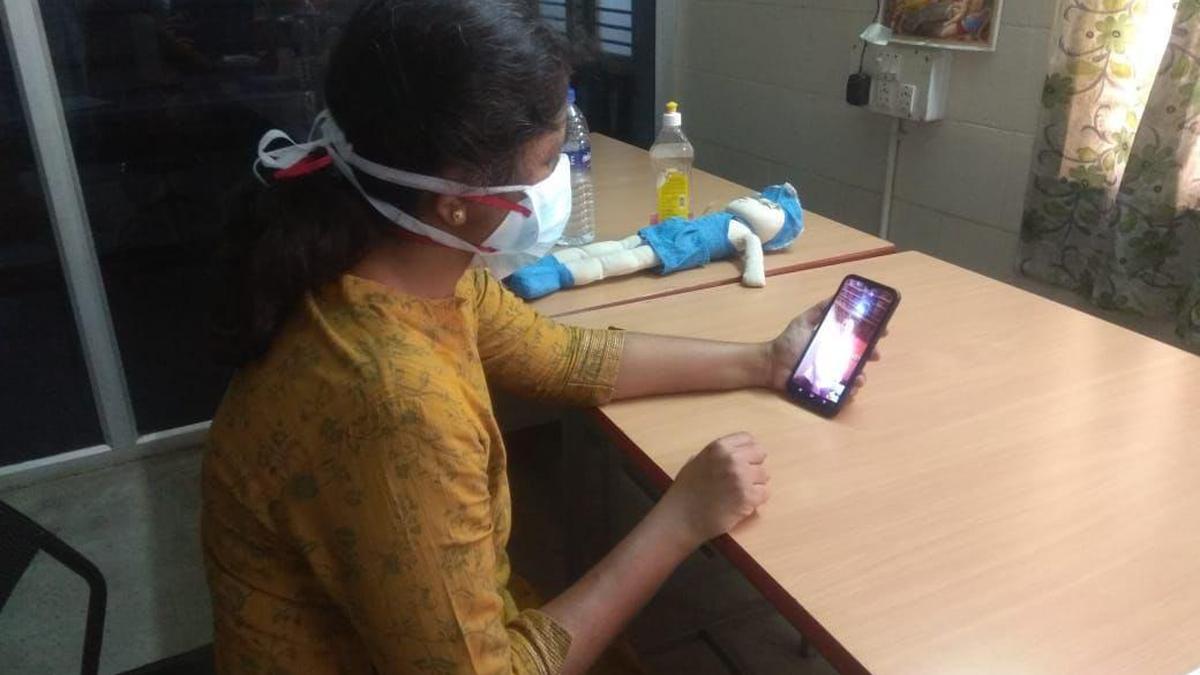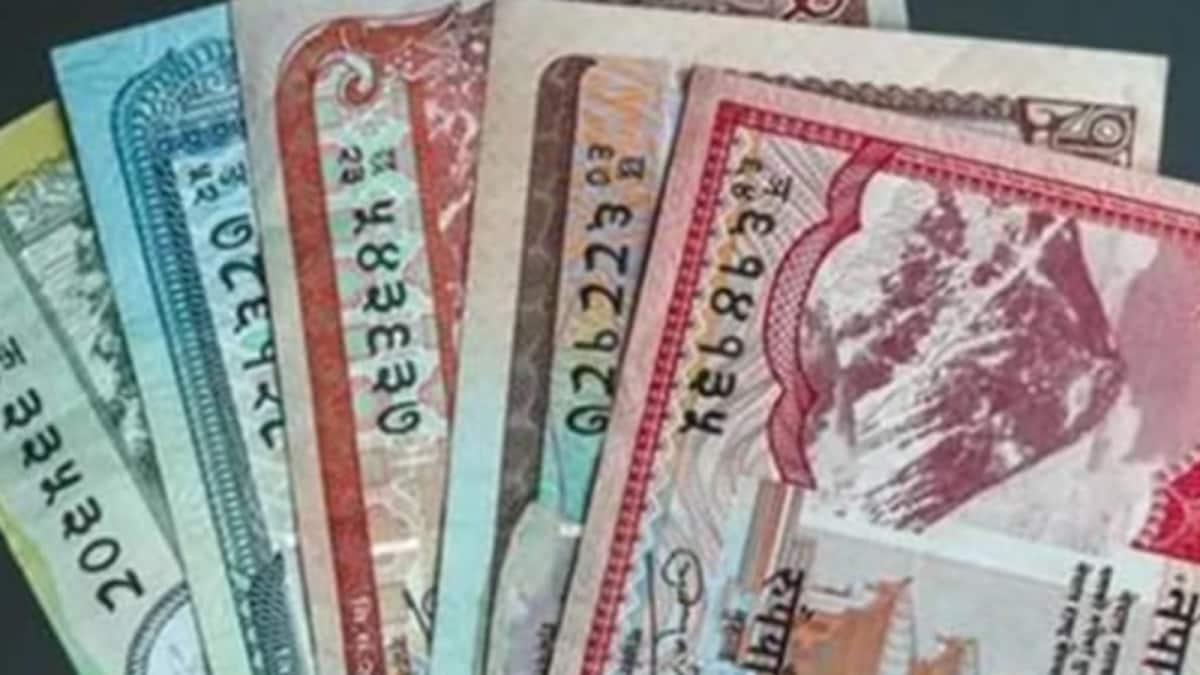The Kerala government has moved the Supreme Court seeking a direction to the Election Commission of India (ECI) to defer the conduct of the Special Intensive Revision (SIR) of the electoral rolls of the State.
The State said the conduct of the “cumbersome” SIR process from November 4 to December 4 would coincide with the elections to the local bodies in Kerala. The simultaneous conduct of both exercises would not only strain human resources but also create an “administrative impasse” with no personnel left to take care of the day-to-day functioning of the government.
The government said the simultaneous conduct of the SIR and the LSGIs would be an “near impossibility”.

“SIR is a huge exercise requiring deployment of 1,76,000 personnel from government and quasi-governmental services for election-related duties and further 68,000 police and other security personnel. SIR is also a comprehensive process with cumbersome procedure, requiring the services of additional personnel numbering 25,668. The pool of trained and election-experienced staff is finite, which constrains real-world deployment. Parting with such a large number of officers for simultaneous SIR and LSGI elections is a near impossibility, apart from possibly putting the State to an administrative impasse,” the State submitted.
The State government made it plainly clear that it did not support the constitutionality of the SIR. It said the exercise was “not conducive to the democratic polity of the country”. However, the State government, represented by advocate C.K. Sasi, said the main thrust of the current challenge was not the legality of the SIR, but its timing.
The government said undertaking the SIR would affect the smooth conduct of the local bodies’ election. There are 1200 local self-government institutions (LSGIs) in the State of Kerala made up of 941 grampanchayats, 152 block panchayats, 14 district panchayats, 87 municipalities and six corporations. There are 23,612 wards in total.
The petition highlighted the constitutional mandate under Articles 243-E and 243-U as well as a statutory mandate under Section 38 of the Kerala Panchayat Raj Act and Section 94 of the Kerala Municipality Act to conduct election to the LSGIs within fiveyears… Thus, the process of elections including voting, counting and declaration of result to the LSGIs in the State must be, in accordance with the constitutional and statutory mandate, completed before December 21, 2025,” the petition noted.

The Kerala State Election Commission has decided to conduct elections to the LSGIs in the State on December 9 and December 11. The elections to the LSGIs in the districts of Thiruvananthapuram, Kollam, Pathanamthitta, Alappuzha, Kottayam, Idukki and Ernakulam have been scheduled for December 9. That for Thrissur, Palakkad, Malappuram, Kozhikode, Wayanad, Kannur and Kasaragod is on December 11. The notification for the election
is to be issued on November 14 and that of withdrawal of nominations on November 24. The counting of votes would be on December 13 and the last date for completion of election is December 18.
The State informed that the Chief Electoral Officer of Kerala had communicated that the personnel deployed for the LSGIs elections would not be engaged in the SIR exercise.
For the smooth conduct of the local bodies elections, a massive detail of personnel would be needed. These include local bodies’ officers; personnel notified as returning officers, assistant returning officers, electoral registration officers and their entire staff; sectoral officers identified by the district election officers; the officers deputed for first level checking of electronic voting machines; officers deputed for training in relation to the election; officers to be appointed as presiding officers and first polling officers, etc.
“These personnel should not be appointed as Booth Level Officers (BLOs),” the State said.

 1 hour ago
5
1 hour ago
5









 English (US) ·
English (US) ·